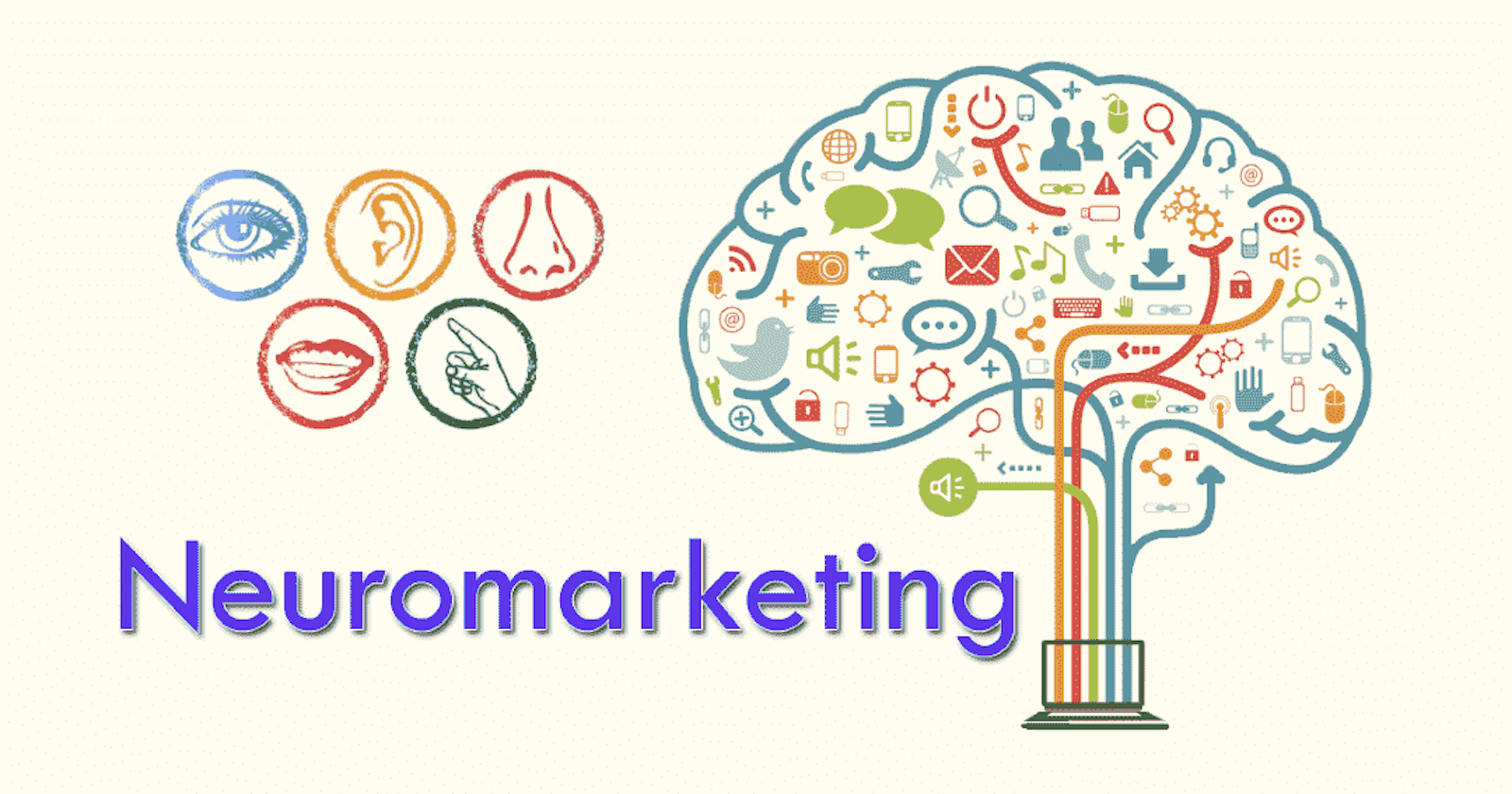In the dynamic and competitive world of marketing, understanding consumer behavior is key to achieving success. Traditional market research methods often rely on surveys and focus groups, but these approaches have limitations. Enter neuromarketing—a multidisciplinary field that combines neuroscience, psychology, and marketing to uncover the subconscious factors that influence consumer decision-making. In this article, we will explore the fascinating world of neuromarketing, its applications, and how it can revolutionize the way businesses connect with their target audience.
What is Neuromarketing?
Neuromarketing is the scientific study of how the brain responds to marketing stimuli. It seeks to understand the neurological processes that underlie consumer behavior, emotions, and preferences. By using advanced technologies such as brain imaging (fMRI), eye-tracking, and biometrics, neuromarketing can gather data on brain activity, eye movements, facial expressions, and physiological responses.
The Power of the Unconscious
Neuromarketing is the scientific study of how the brain responds to marketing stimuli. It seeks to understand the neurological processes that underlie consumer behavior, emotions, and preferences. By using advanced technologies such as brain imaging (fMRI), eye-tracking, and biometrics, neuromarketing can gather data on brain activity, eye movements, facial expressions, and physiological responses.
The Power of the Unconscious Mind
Our decision-making processes are not solely rational; they are heavily influenced by subconscious factors. Neuromarketing helps uncover these hidden drivers of consumer behavior, which are often inaccessible through traditional market research. It reveals the emotional and instinctual responses that shape our preferences and purchasing decisions.
Applications of Neuromarketing
a. Product Design and Packaging: Neuromarketing can provide insights into consumer preferences regarding product design, packaging, and branding. By analyzing brain responses, marketers can optimize visual elements, colors, shapes, and packaging to enhance consumer appeal.
b. Advertising and Communication: Neuromarketing techniques can evaluate the effectiveness of advertising campaigns. By studying brain activity, marketers can identify the most engaging elements of an ad, optimize its content and structure, and evoke desired emotions in viewers.
c. Pricing and Decision-Making:
Neuromarketing can shed light on how consumers perceive pricing and make purchasing decisions. By understanding the brain's response to different pricing strategies, businesses can determine optimal pricing points and create persuasive pricing cues.
d. Consumer Experience and Retail Environments:
Neuromarketing can help optimize the consumer experience in physical and digital retail environments. It can assess store layouts, product placement, and even website design to create a more engaging and satisfying experience for customers.
e. Branding and Brand Perception:
By examining brain responses to various brand stimuli, neuromarketing can uncover the subconscious associations consumers have with brands. This knowledge can assist in developing effective branding strategies and improving brand perception.
Ethical Considerations :
The use of neuromarketing raises ethical concerns, primarily regarding privacy and informed consent. As technology advances and more personal data is collected, it is crucial to prioritize consumer privacy and ensure transparency in data collection and usage.
Limitations and Future Directions:
While neuromarketing offers valuable insights, it is not a magic bullet. It should be used in conjunction with other market research methods for a comprehensive understanding of consumer behavior. Additionally, the field is still developing, and there is ongoing research to refine and expand its applications.
Future directions in neuromarketing include advancements in wearable devices, virtual reality, and artificial intelligence, which will provide more nuanced insights into consumer behavior.
Conclusion:
Neuromarketing has the potential to revolutionize the way businesses understand and connect with consumers. By tapping into the subconscious mind, it uncovers the hidden drivers of consumer behavior, providing invaluable insights for marketers. However, ethical considerations must be prioritized to ensure consumer privacy and informed consent.
As technology continues to advance, the field of neuromarketing will evolve, offering more sophisticated tools and techniques. It is an exciting and promising area that can enhance marketing strategies, improve customer experiences, and drive business success. By embracing the science of neuromarketing, companies can gain a competitive edge and create more meaningful connections with their target audience.
